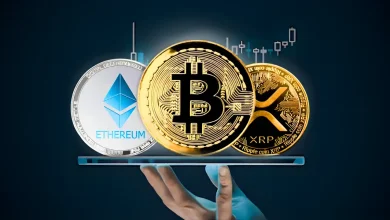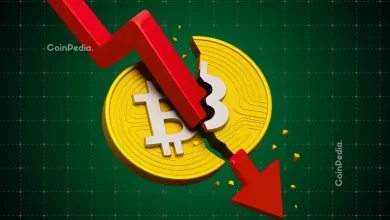
Brazil’s crypto tax reform could charge a 30% levy for undeclared crypto (via Bill 458/21), reshaping institutional crypto compliance and investor flows.
As Brazil’s crypto market booms, the 30% regularisation tax for hidden crypto holdings signals a new era of regulated digital-asset taxation and fiscal policy.
Brazil is taking a big step toward bringing cryptocurrencies under its tax net, but not without controversy. Lawmakers have proposed a new bill that would let citizens declare previously hidden crypto assets like Bitcoin by paying a hefty 30% regularization tax. The move, while aimed at cleaning up the system, has triggered political and public debate across the country.
A Push to Regulate Hidden Crypto Wealth
The proposal, part of Bill 458/21, was approved by Brazil’s National Congress on October 29 and is now awaiting a final vote in the Senate. If passed, it will introduce a Special Regime for Asset Update and Regularization (REARP), allowing people to declare undeclared or undervalued assets, from real estate to digital currencies, that were legally acquired but never reported.
Under this plan, crypto investors who choose to come clean will face a 30% charge: half as a tax and half as a fine. The tax applies to the value of assets as of December 31, 2024, and payments can be made over 24 months with added interest linked to the country’s Selic rate, currently around 15% per year.
Brazil’s Booming Crypto Economy
Brazil’s crypto market has been thriving, and the government wants a piece of the action. A recent report by Chainalysis revealed that crypto transaction volumes in Brazil hit R$1.7 trillion between mid-2024 and mid-2025, a 110% jump in just a year. Stablecoins are driving much of this growth, being used for remittances, payments, and business transactions.
Amid this surge, the government sees the new tax regime as both a path to legal clarity and a way to boost national revenue. For many investors, it’s also a chance to get legal protection from future tax investigations.
Political Tensions Rise
Not everyone is happy with the proposal. Opposition lawmakers accuse the government of sneaking in previously rejected tax measures. Critics like Sóstenes Cavalcante and Gilson Marques called it a “government trick” to collect more money, while supporters argue it’s needed to strengthen Brazil’s 2026 budget.
The inclusion of clauses from a withdrawn decree, which once aimed to raise R$20 billion through new taxes, has reignited frustration within the crypto community.
A Pricey Path to Legalization
For Brazil’s crypto sector, this bill could be a double-edged sword. On one hand, it gives much-needed legal clarity and legitimizes crypto holdings. On the other, the 30% tax might discourage smaller investors from coming forward.
If the Senate approves the bill, Brazil could become the first major Latin American country to formally integrate crypto assets into its tax system, marking a new chapter where digital currencies meet official regulation, but at a steep cost.
Never Miss a Beat in the Crypto World!
Stay ahead with breaking news, expert analysis, and real-time updates on the latest trends in Bitcoin, altcoins, DeFi, NFTs, and more.
FAQs
Brazil’s new bill lets citizens declare undeclared crypto by paying a 30% regularization tax, half as a fine and half as income tax.
The tax applies to asset values as of December 31, 2024, and can be paid over 24 months with interest tied to Brazil’s 15% Selic rate.
The proposal has split opinion — critics see it as a cash grab, while supporters say it adds clarity and protects honest investors.
Trust with CoinPedia:
CoinPedia has been delivering accurate and timely cryptocurrency and blockchain updates since 2017. All content is created by our expert panel of analysts and journalists, following strict Editorial Guidelines based on E-E-A-T (Experience, Expertise, Authoritativeness, Trustworthiness). Every article is fact-checked against reputable sources to ensure accuracy, transparency, and reliability. Our review policy guarantees unbiased evaluations when recommending exchanges, platforms, or tools. We strive to provide timely updates about everything crypto & blockchain, right from startups to industry majors.
Investment Disclaimer:
All opinions and insights shared represent the author's own views on current market conditions. Please do your own research before making investment decisions. Neither the writer nor the publication assumes responsibility for your financial choices.
Sponsored and Advertisements:
Sponsored content and affiliate links may appear on our site. Advertisements are marked clearly, and our editorial content remains entirely independent from our ad partners.







